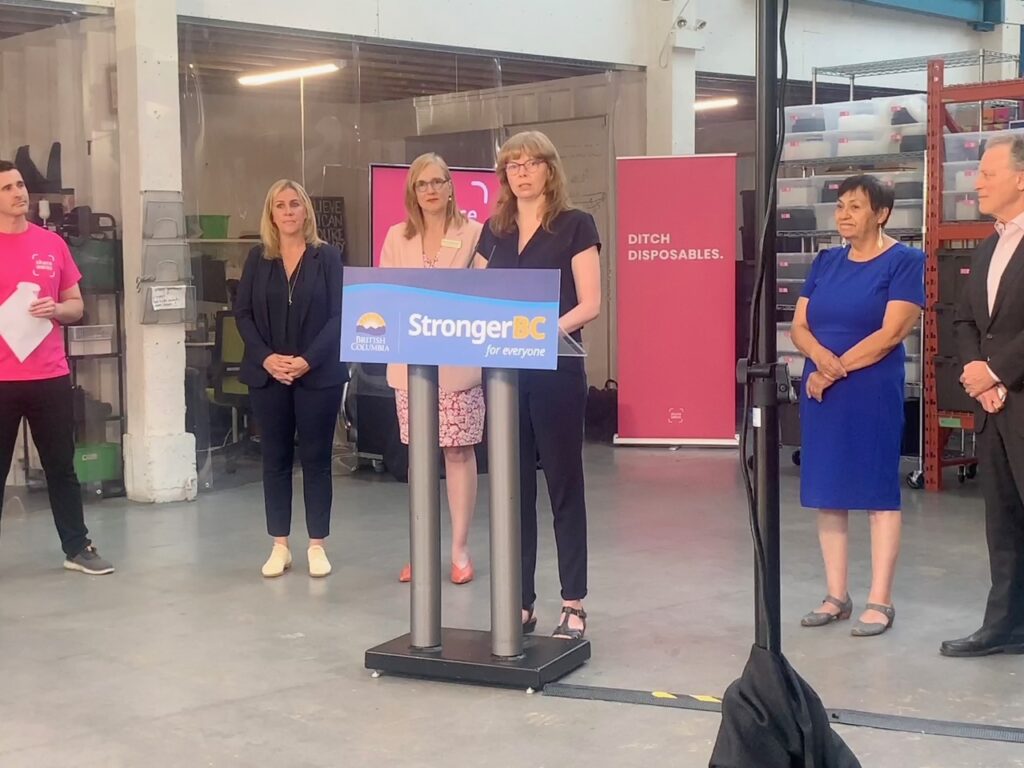Discover the latest efforts in British Columbia to combat plastic pollution!
On July 14, 2023, the Province of British Columbia unveiled groundbreaking regulations aimed at tackling the environmental challenges posed by single-use and hard-to-recycle plastics. These new measures promise a significant positive impact on our environment. Let’s delve into the details of the new regulations that will come into effect on December 20, 2023.
The recently announced regulation in British Columbia takes a strong stance against single-use plastics. Under this initiative, single-use plastic bags, problem plastic food service packaging, and all oxo-degradable plastic packaging will be banned. These actions are crucial steps towards reducing plastic waste that harms wildlife and ecosystems.
Another noteworthy aspect of the regulation is its focus on curbing the usage of disposable food service accessories. Items such as cutlery, straws, and beverage cup lids will now be available only upon request. By doing so, the province aims to minimize unnecessary waste and encourage more sustainable practices in our daily lives.
It’s important to know that British Columbia’s new regulation complements the federal Single-Use Plastic Prohibition Regulation, which covers similar plastic items across Canada. By working in harmony with federal guidelines, the province ensures a unified approach to combatting plastic pollution throughout the country.
Are you eager to learn more about this impactful regulation? The Recycling Council of BC has compiled a comprehensive FAQ document to address common questions about the new measures. Be informed and join the movement to protect our environment by reading the full text of the regulation available here.
